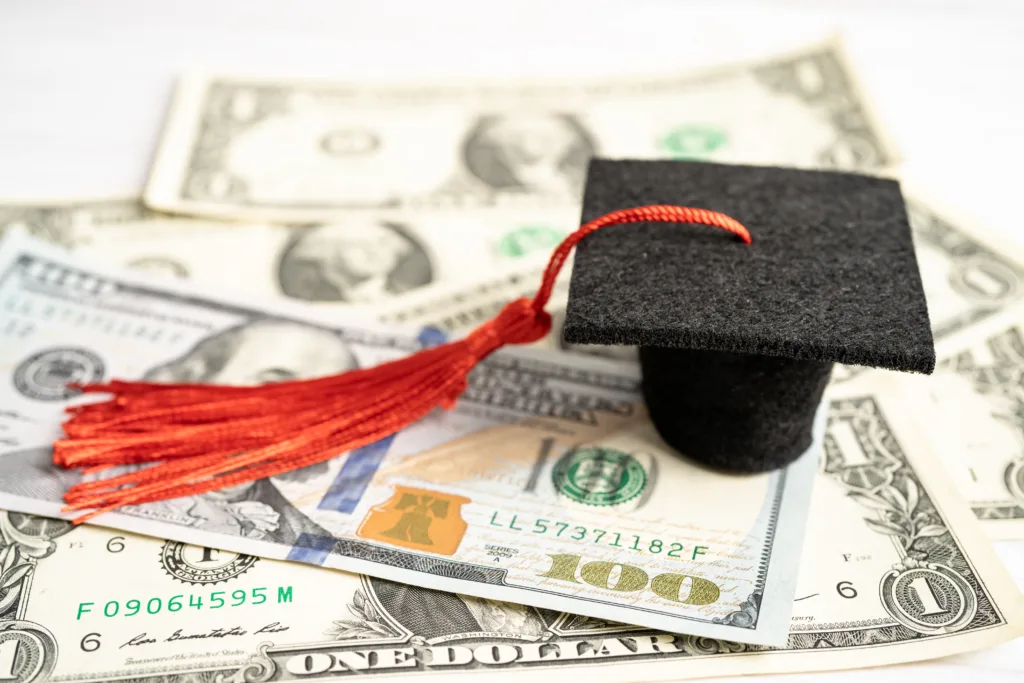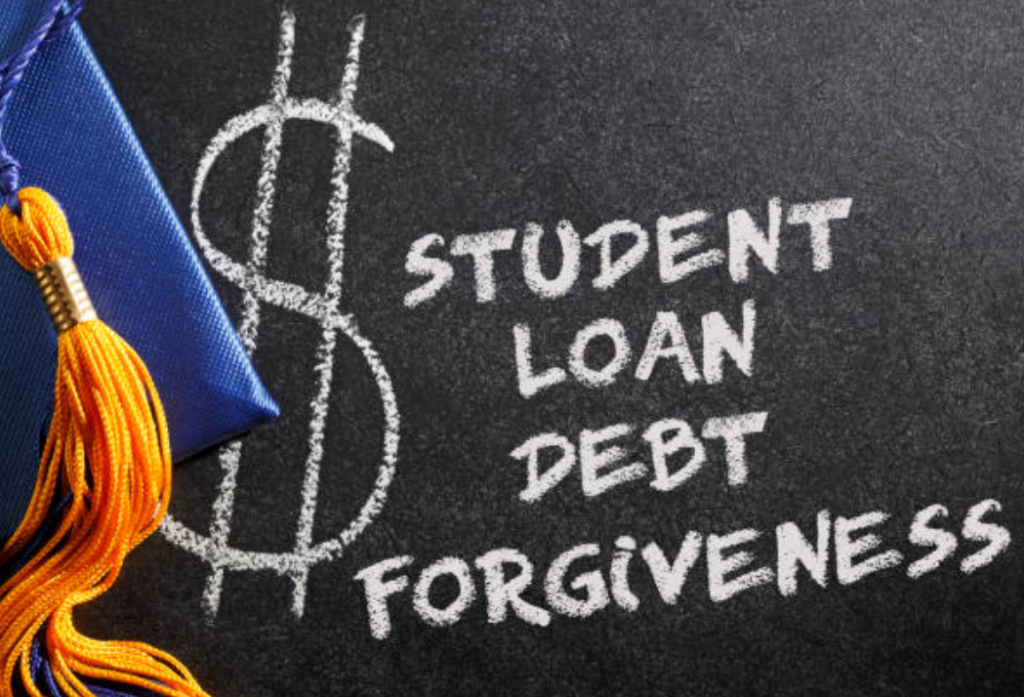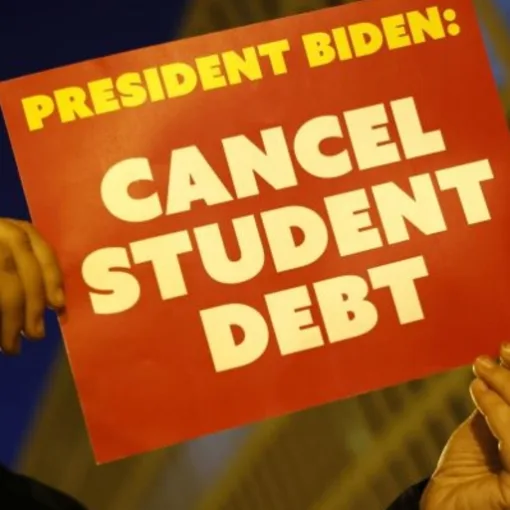Student loans can be a significant burden for many individuals, but there are several strategies that can help you reduce student debt/loan and pay it off faster. In this blog post, we will explore seven smart ways to manage your student loan debt and get back on track financially.

Table of Contents
Make Extra Payments Toward the Principal: Smart way to reduce student debt
There’s no penalty for paying off student loans early or paying more than the minimum. But there is a caveat with prepayment: Student loan servicers, which collect your bill, may use your extra payment to advance your due date, applying the extra amount to next month’s payment.

Advancing a student loan’s due date won’t help you pay off student loans faster. That’s because your extra payment will first go toward any late fees and then accrued interest before hitting your principal. Instead, instruct your servicer—either online, by phone, or by mail—to apply overpayments to your principal balance and to keep next month’s due date as planned.
You can make an additional payment at any point in the month, or you can make a lump-sum student loan payment on the due date. Either strategy can save you a lot of money. For example, let’s say you owe $10,000 with a 4.5% interest rate. By paying an extra $100 every month on a standard 10-year repayment plan, you’d be debt-free about five and a half years ahead of schedule.
Refinance if You Have Good Credit and a Steady Job: Important strategy to pay off student loans faster
Refinancing student loans can help you pay off student loans faster without making extra payments. Refinancing replaces multiple student loans with a single private loan, ideally at a lower interest rate. To speed up repayment, choose a new loan term that’s less than what’s left on your current loans.

Opting for a shorter term may increase your monthly payment. But it will help you pay the debt faster and save money on interest. For example, refinancing a $50,000 student loan with an 8.5% interest rate and a 10-year term to 6% interest on a seven-year term would save you roughly $15,000, but your monthly payment would increase by about $87.
You’re a good candidate for refinancing if you have a credit score in at least the high 600s, a solid income, and a debt-to-income ratio below 50%. You shouldn’t refinance federal student loans if you want programs like income-driven repayment and Public Service Loan Forgiveness.
Make Biweekly Payments: Helps to reduce student loan debt faster
Making biweekly payments instead of monthly payments can help you pay off your student loans faster. By making a payment every two weeks, you’ll make 26 half-payments in a year instead of 12 full payments. This will result in an extra payment each year, which can help you pay off your student loans faster.
Use Autopay
Many student loan servicers offer a discount on your interest rate if you sign up for autopay. This can help you save money on interest and pay off your student loans faster. For example, if you owe $20,000 with a 6% interest rate and a 10-year repayment term, you could save $1,200 in interest and pay off your loans 10 months earlier by signing up for autopay.
Pay Interest While in School: Smart way to reduce student debt faster
If you have unsubsidized federal student loans or private student loans, you can start making interest payments while you’re still in school.

This can help you save money on interest and pay off your student loans faster. For example, if you owe $20,000 with a 6% interest rate and a 10-year repayment term, you could save $1,200 in interest and pay off your loans 10 months earlier by making interest payments of $100 per month while you’re still in school.
Consider Income-Driven Repayment Plans
If you have federal student loans, you may be eligible for an income-driven repayment plan. These plans can help you lower your monthly payments and make your student loans more manageable. However, keep in mind that income-driven repayment plans may extend your repayment term and increase the amount of interest you pay over time.
Explore Student Loan Forgiveness Programs
If you work in public service or for a nonprofit organization, you may be eligible for student loan forgiveness after a certain number of years. For example, the Public Service Loan Forgiveness program forgives the remaining balance on your federal student loans after you’ve made 120 qualifying payments while working full-time for a qualifying employer.

Reducing your student loan debt requires discipline, patience, and a solid strategy. By implementing these seven smart ways to manage your student loan debt, you can pay off your loans faster and start building wealth towards your long-term financial goals. Remember, every dollar counts, and small changes today can lead to big differences tomorrow.
If you find this article insightful, don’t forget to share it with your connections through the social links given below.
If you are willing to study at any of the universities in the UAE and want to avail student loans, you can check out the article: Know This Before Applying to a Student Loan in UAE



